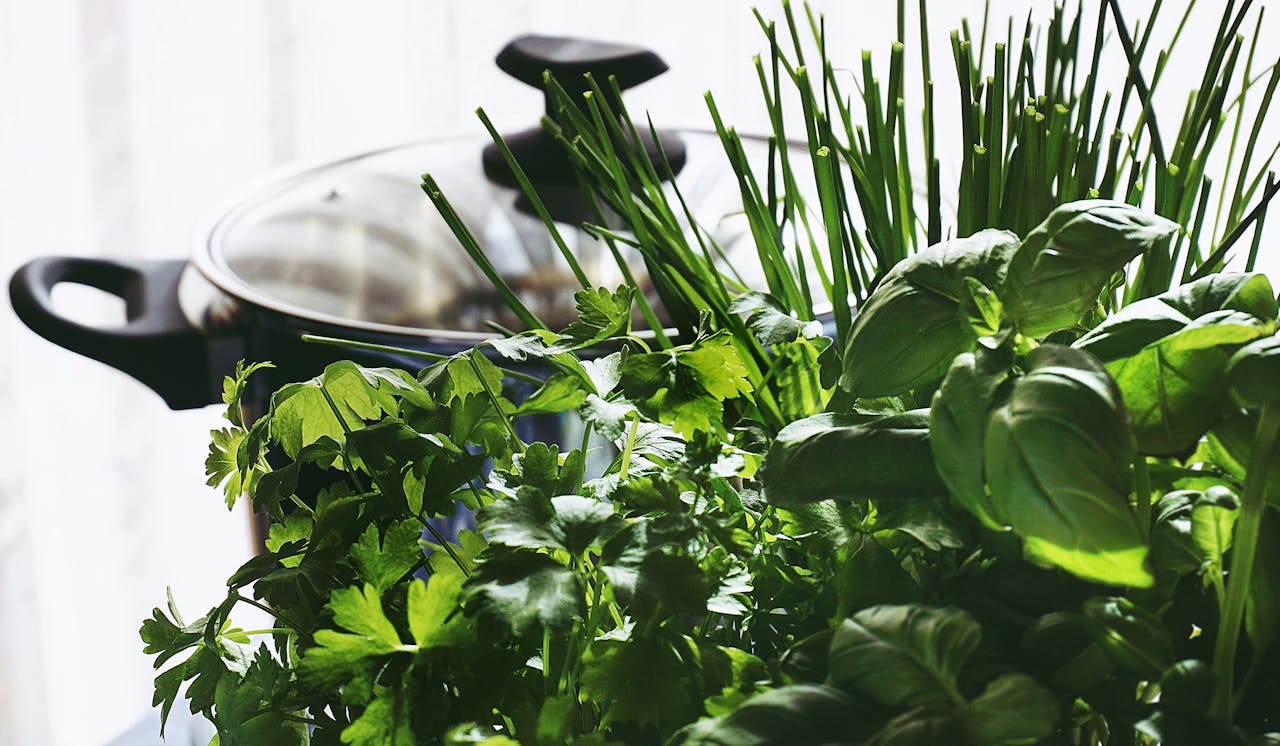Chronic Kidney Disease (CKD) is a progressive condition where the kidneys gradually lose their ability to filter waste and excess fluids from the blood. While conventional treatments like dialysis and medications are essential, many people seek complementary herbal remedies to support kidney function, reduce symptoms, and slow disease progression.
In this blog post, we’ll explore some of the most effective herbal treatments for CKD, their benefits, scientific backing, and precautions to consider.
Understanding Chronic Kidney Disease (CKD)
Before diving into herbal remedies, it’s important to understand CKD:
-
Stages of CKD: Ranging from mild (Stage 1) to severe (Stage 5 or kidney failure).
-
Common Causes: Diabetes, hypertension, glomerulonephritis, and polycystic kidney disease.
-
Symptoms: Fatigue, swelling (edema), high blood pressure, nausea, and changes in urination.
While herbs can support kidney health, they should never replace medical treatment. Always consult a nephrologist before trying herbal remedies, especially if you’re on medications.
Top Herbal Treatments for CKD
1. Astragalus (Astragalus membranaceus)
Benefits:
-
Boosts kidney function by reducing proteinuria (protein in urine).
-
Has anti-inflammatory and antioxidant properties.
-
May help regulate blood pressure.
Studies: Research in Phytomedicine suggests astragalus may slow CKD progression by protecting kidney tissues.
How to Use: Brew dried astragalus root as tea or take in capsule form (under supervision).
2. Dandelion Root (Taraxacum officinale)
Benefits:
-
Acts as a natural diuretic, helping flush toxins.
-
Rich in potassium, which may support electrolyte balance (caution in late-stage CKD).
-
Reduces fluid retention and swelling.
How to Use: Drink dandelion root tea or use fresh leaves in salads (avoid if on diuretics).
3. Nettle Leaf (Urtica dioica)
Benefits:
-
Acts as a gentle diuretic without depleting potassium.
-
Reduces inflammation and oxidative stress in kidneys.
-
May lower creatinine levels.
How to Use: Steep dried nettle leaves in hot water for tea or take as a supplement.
4. Ginger (Zingiber officinale)
Benefits:
-
Anti-inflammatory properties help reduce kidney damage.
-
Aids digestion and reduces nausea (common in CKD).
-
May lower blood pressure and cholesterol.
How to Use: Fresh ginger tea, grated in meals, or as a supplement.
5. Turmeric (Curcuma longa)
Benefits:
-
Curcumin, its active compound, fights inflammation and oxidative stress.
-
May reduce kidney fibrosis (scarring).
-
Supports detoxification.
Studies: A Journal of Renal Nutrition study found curcumin may protect against CKD progression.
How to Use: Golden milk (turmeric + warm milk), supplements, or added to food (best with black pepper for absorption).
6. Rehmannia (Rehmannia glutinosa)
Benefits:
-
Used in Traditional Chinese Medicine (TCM) for kidney support.
-
Helps reduce creatinine and BUN levels.
-
Protects against diabetic nephropathy.
How to Use: Often taken as a powdered extract or in herbal formulas.
7. Cranberry (Vaccinium macrocarpon)
Benefits:
-
Prevents UTIs, which can worsen CKD.
-
Antioxidants protect kidney cells.
Caution: Avoid cranberry if on blood thinners (can interact with warfarin).
How to Use: Unsweetened cranberry juice or supplements.
Herbs to Avoid with CKD
Not all herbs are safe for kidney patients. Some can be harmful, including:
-
Licorice root (raises blood pressure).
-
Horsetail (can cause potassium depletion).
-
Aloe vera juice (may worsen kidney dysfunction).
-
Noni juice (high in potassium, risky for advanced CKD).
Always check with a doctor before trying new herbs.
Lifestyle Tips to Support Kidney Health
Alongside herbal remedies, consider:
-
Low-sodium, kidney-friendly diet (limit processed foods).
-
Controlled protein intake (excess strains kidneys).
-
Stay hydrated (but adjust if on fluid restrictions).
-
Manage blood sugar & blood pressure.
-
Avoid NSAIDs (like ibuprofen, which harm kidneys).
Final Thoughts
Herbal treatments can be a valuable addition to CKD management, offering anti-inflammatory, detoxifying, and kidney-protective benefits. However, they must be used cautiously and under medical supervision, especially in advanced CKD.
If you’re considering herbal remedies, work with a naturopathic doctor or integrative nephrologist to ensure safety and effectiveness.
Have you tried any herbal treatments for CKD? Share your experiences in the comments!
Disclaimer: This post is for informational purposes only and does not replace medical advice. Always consult a healthcare provider before starting any herbal treatment.


